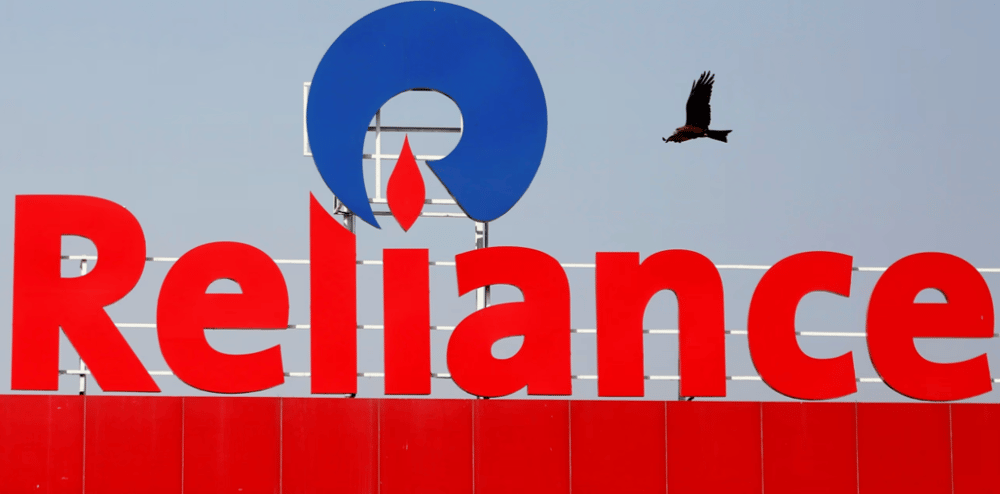Shein and Reliance Retail Target India as Supply Chain Hub Amid U.S.–China Trade Tensions
Shein, the fast-fashion giant originally founded in China and now headquartered in Singapore, is moving to recalibrate its global sourcing strategy. In partnership with India’s Reliance Retail $RELI , the company plans to significantly expand its supplier network in India and begin exporting Shein-branded apparel made in India to global markets within the next 6 to 12 months.
This shift is more than a regional diversification move. It represents a calculated response to ongoing geopolitical shifts, including newly imposed U.S. tariffs on Chinese imports, which are reshaping global apparel supply chains. As Shein seeks to distance its operations from China amid rising trade barriers, India emerges as a critical node in the brand’s future production and export ambitions.
Supply Chain Diversification Accelerates as Trade Headwinds Intensify
The collaboration between Shein and Reliance Retail aims to increase the number of Indian suppliers from the current 150 to approximately 1,000 within a year. This expansion aligns with India's "Make in India" initiative, which seeks to position the country as a viable alternative to China for large-scale manufacturing and exports.
U.S. tariffs on Chinese textile and apparel imports have reinforced the urgency for global brands like Shein to diversify sourcing. While Shein had already initiated discussions with Reliance prior to the imposition of the new tariffs, the trade measures have added strategic impetus to the transition.
The planned scale-up is expected to not only serve domestic demand within India — one of the world's fastest-growing fashion markets — but also function as a major export base. By leveraging Reliance Retail’s logistical and retail infrastructure, Shein aims to turn India into a key manufacturing hub for its global operations.

Quick Facts:
Partnership: Shein + Reliance Retail
Current Supplier Base in India: ~150 vendors
Target Supplier Base (12 months): ~1,000 vendors
Geopolitical Driver: U.S. tariffs on Chinese imports (especially textiles)
Operational Goal: Launch international exports of Shein-branded apparel made in India
Headquarters: Shein — Singapore; Reliance Retail — India
Market Implications and Industry Commentary
The shift marks a growing trend among multinational retailers rebalancing their production portfolios amid U.S.–China decoupling. For India, the development underscores its rising appeal as a manufacturing base — a shift supported by competitive labor costs, digital supply-chain upgrades, and favorable government policies.
Market analysts note that Shein's move could significantly enhance India's export profile in the apparel sector. For Reliance Retail, the collaboration offers a gateway to global fashion distribution, complementing its ambitions to be a dominant retail player beyond Indian borders.
From a macroeconomic perspective, the Shein–Reliance partnership is emblematic of a broader reconfiguration of global value chains — away from single-country dependency, especially on China — toward multi-polar supply networks.

Key Takeaways:
Supply Chain Realignment: A direct response to protectionist U.S. trade policies targeting China.
Strategic Manufacturing Shift: India emerges as a manufacturing and export base for global retail brands.
Growth Potential for India: Supplier base expansion aligns with national manufacturing policy and employment goals.
Reliance Retail's Global Leap: Gains access to Shein's international consumer base.
Industry Disruption: Signals transformation in fast fashion sourcing and distribution strategies.
Geopolitics Reshaping Global Apparel Flows
Shein’s pivot to India, in partnership with Reliance Retail, is not merely a tactical shift — it reflects a deeper realignment of global supply chains under the weight of escalating trade friction. With over 30% of global textile exports historically routed through China, moves by major brands to diversify production highlight the far-reaching impact of U.S.–China economic tensions.
The partnership positions India not just as an alternative, but potentially as a central hub in the next chapter of global apparel manufacturing. As fashion retail becomes increasingly sensitive to both political and logistical risk, the Shein–Reliance case may serve as a model for future cross-border production alliances.















Comments
A forward-looking sale like this illustrates how tech ecosystems are rapidly adjusting to automation-led efficiencies